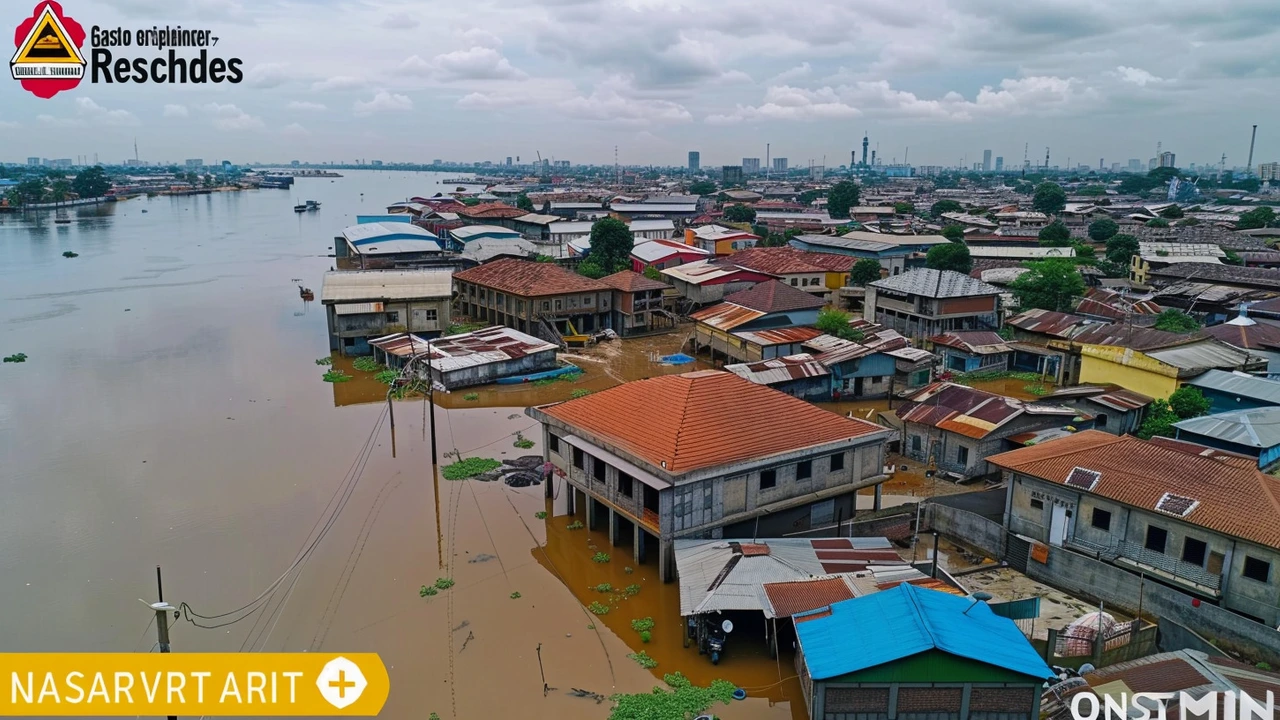Urban challenges: what’s breaking city life — and what can fix it
Africa’s cities are growing faster than the roads, clinics and homes that serve them. That growth creates clear problems you see every day: overcrowded housing, unreliable transport, clogged drains, power cuts and slow public services. Those are not abstract issues — they shape where people work, how kids learn and whether small businesses survive.
So what matters most right now? Safe, affordable housing, dependable public transport, clean water and waste systems, and straightforward local governance. When one of these systems fails, the impact spreads quickly. A flooded street can shut markets; a broken bus route can cost a worker a day’s pay; a delayed permit can stop a small business before it starts.
Where things go wrong
Informal settlements grow because formal housing is too expensive or too slow to appear. That means many families live where services barely exist. Poor planning and weak enforcement let buildings pop up without sewer lines or safe electricity. Corruption and missing funds make it worse: when budgeted money never reaches schools or roads, citizens lose trust and problems compound.
Transport is another daily headache. Roads built for yesterday’s traffic collapse under modern demand. Public transport is often unreliable, forcing people to use costly private options. That wastes time and money and makes city life harder for low-income families.
Simple fixes that actually help
Not every solution needs huge spending. Fixing permitting processes and publishing budgets can close corruption gaps and speed up projects. Small, well-placed investments in drainage and street lighting reduce flood damage and crime. Upgrading bus routes and adding affordable minibuses can cut commute times quickly, without waiting years for rail projects.
Community-driven upgrades work because residents know their streets. Programs that match city funds with local labour for paving, waste collection or small clinics create jobs and improve services. Microfinance and low-cost land titling can help people invest in safer, legal housing rather than settling in dangerous spots.
Technology helps too. Simple apps for reporting broken pipes, illegal dumping or stalled permits create transparency. When cities publish clear project timelines and open data on spending, watchdogs and journalists can spot problems fast and hold officials to account.
What about climate change? Cities must plan for heat, flooding and rising food prices. Planting trees, protecting wetlands, and designing roads that drain quickly are inexpensive measures that save millions over time. Early warning systems for floods and clear evacuation routes save lives.
Want to help or stay informed? Support local groups working on housing and transport, read reporting that highlights real projects and demand open budgets from city officials. Small, steady pressure from citizens often pushes big change.
Explore the stories tagged “urban challenges” here to see how these problems play out across African cities, and which solutions are actually making a difference.
Lagos Resilience Forum 2024: Bringing Stakeholders Together for Urban Solutions
The Lagos State Government has scheduled the Lagos Resilience Forum for July 2nd, 2024. The forum will gather stakeholders to discuss solutions to the state's urban challenges, featuring keynote speakers, panel discussions, and exhibitions. The initiative aims to foster resilience and support sustainable development in Lagos.
